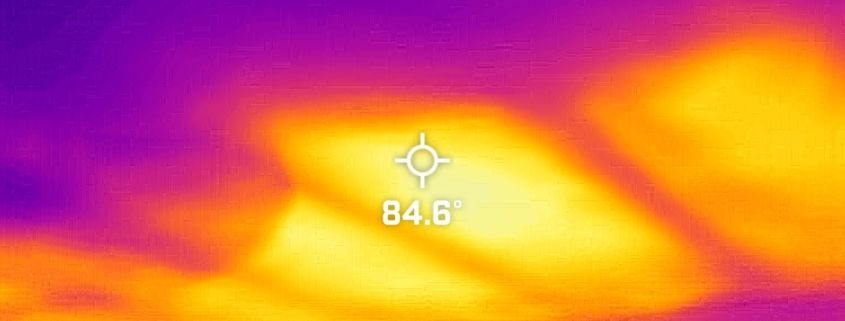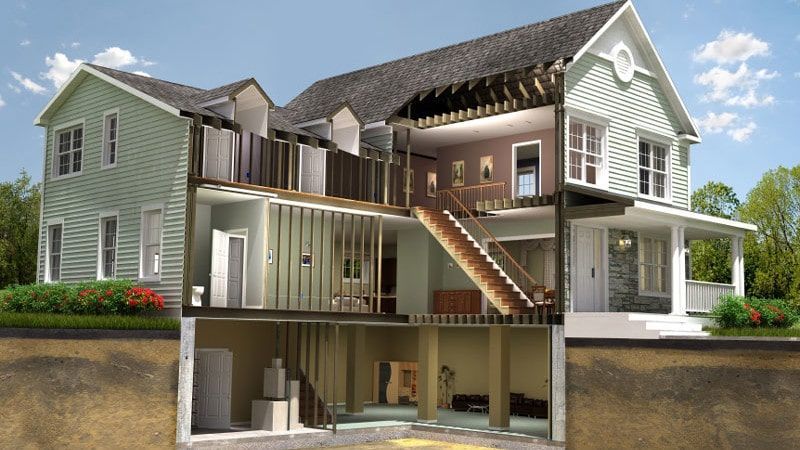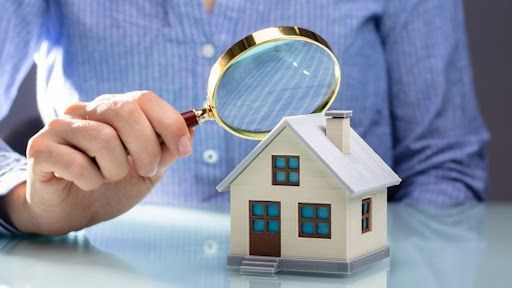Home Improvement and Inspection Blog

Thermal Imaging and the Benefits for Home Inspections When it comes to buying or selling a home, a thorough inspection is crucial to uncover any potential issues that may be hiding beneath the surface. Traditional visual inspections can only reveal so much, leaving homeowners and buyers at risk of overlooking critical problems. However, thanks to advancements in technology, home inspections have taken a giant leap forward with the integration of thermal imaging. In this blog post, we will explore the benefits of using thermal imaging when conducting home inspections and how it revolutionizes the process of uncovering hidden secrets. Enhanced Detection of Moisture and Water Damage: One of the most significant advantages of thermal imaging in home inspections is its ability to detect moisture and water damage that may be invisible to the naked eye. By capturing the temperature differences in building materials, thermal cameras can identify areas with higher levels of moisture or leaks that may lead to more substantial issues, such as mold growth or structural damage. Early detection of such problems allows homeowners and buyers to address them promptly, potentially saving significant costs down the line. Identifying Electrical Issues: Electrical problems are not only inconvenient but can also pose significant safety hazards. Traditional inspections often rely on visual cues, such as signs of sparking or burnt wiring, which can be limited in their effectiveness. Thermal imaging, on the other hand, can quickly identify electrical issues by detecting abnormal heat patterns in electrical components. It enables inspectors to pinpoint overloaded circuits, faulty wiring, and overheating electrical panels, allowing for timely repairs or replacements to prevent potential fire hazards. Energy Efficiency Assessment: With growing concerns about energy consumption and environmental sustainability, many homeowners and buyers prioritize energy-efficient properties. Thermal imaging plays a crucial role in evaluating a home’s energy efficiency by identifying areas of heat loss or poor insulation. By detecting temperature variations in walls, windows, or roofs, home inspectors can identify areas that require additional insulation or sealing, helping homeowners reduce energy waste and potentially save on utility bills. Pest Infestation Detection: Unwanted pests can wreak havoc on a property and often go unnoticed until the problem becomes severe. Thermal imaging can aid in identifying areas of potential pest infestation, such as termite infestations or rodent nesting. By detecting temperature variations caused by pest activity, inspectors can alert homeowners or buyers to take necessary action, mitigating the risk of extensive damage and expensive extermination treatments. Time and Cost Efficiency: Thermal imaging expedites the home inspection process by enabling inspectors to quickly identify potential problem areas. Instead of relying solely on trial and error or invasive methods, inspectors can use thermal cameras to identify issues non-invasively, reducing the need for extensive and costly exploratory work. The time saved through thermal imaging inspections allows for more comprehensive assessments and helps homeowners and buyers make informed decisions without unnecessary delays. Conclusion: Thermal imaging has revolutionized the home inspection industry by providing a comprehensive and efficient way to detect hidden problems that may not be visible to the naked eye. By leveraging the power of thermal cameras, homeowners and buyers can gain valuable insights into a property’s condition, enabling them to make informed decisions, address potential issues promptly, and potentially save on costly repairs. With its ability to detect moisture, identify electrical problems, assess energy efficiency, and detect pest infestations, thermal imaging has become an invaluable tool for home inspectors, ensuring a more thorough and accurate assessment of a property’s overall health and safety.

Our company is dedicated to providing the highest quality of services to our customers. We specialize in home inspections for residential properties. Through the use of engineering and project management methodologies, we are able to produce superior quality at a premium. We are committed to providing a customer-centric environment, ensuring that our clients are satisfied with our services every step of the way. Our team of experts is highly trained and experienced, and we use the latest technology to ensure that our inspections are thorough and accurate. We understand that buying or selling a property can be a stressful experience, and that’s why we are here to help. Our goal is to provide you with the information you need to make informed decisions about your property. Whether you are a buyer or a seller, we are here to help you navigate the complex world of real estate. So, if you are looking for a reliable and professional home inspection company in Knoxville, TN, look no further than us. Contact us today to schedule an inspection or to learn more about our services.

Our Project Services is a suite of services that provides comprehensive support for various stages of a project. These services include Project Management, Project Coordination, Technical Services, Planning, Scheduling, Permitting, Sub-Contractor Management, Engineering, and Construction Management. The Project Management service involves overseeing the entire project, ensuring that it is completed within the set timeline and budget. The Project Coordination service involves coordinating with various stakeholders involved in the project, ensuring that everyone is on the same page and working together towards a common goal. Technical Services involve providing technical expertise and support for the project, including design, and troubleshooting. Planning and scheduling services involve creating a detailed project plan, setting milestones and timelines, and ensuring that the project is progressing according to the plan. Permitting services involve obtaining necessary permits and licenses required for the project. Sub-Contractor Management service involves managing subcontractors involved in the project and ensuring their work is done according to the set standards. The Engineering service involves providing technical and engineering support for the project, including design, analysis, and troubleshooting. Construction Management service involves managing the construction process, ensuring that the project is completed according to the set standards and quality requirements.

Buying a home is a significant financial investment that requires careful consideration and planning. Whether you are a first-time homebuyer or a seasoned real estate investor, conducting a professional home inspection is crucial to ensuring the property’s safety, integrity, and value. Professional home inspections thoroughly examine a home’s structural, mechanical, and electrical systems as well as its exterior and interior components. Licensed and certified home inspectors typically conduct them with the knowledge and expertise to identify potential issues or defects that may affect the property’s condition, safety, or value.
Project Worx in Knoxville, TN, can be reached at 877-775-9679.






